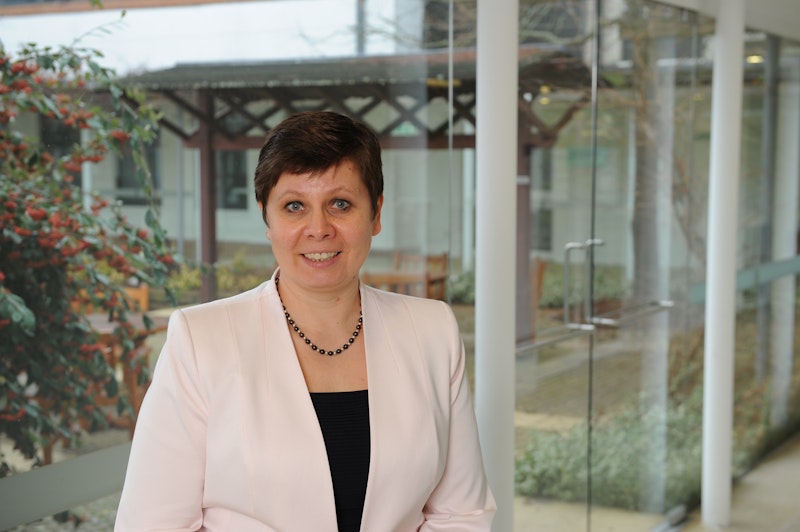Roundtable: How will the music industry develop beyond COVID?
Using examples from the Kazakhstan and the UK, the Centre for Euro-Asian Studies explored how the British and Kazakhstani music industries developed post-COVID.

Working in partnership with the Kazakh British Technical University (KBTU) and Kurmangazy Kazakh National Conservatory, Henley Business School’s Centre for Euro-Asian Studies (CEAS) led a scientific and practical roundtable discussion online on 30 June 2022 to explore how the British and Kazakhstani music industries developed following the lifting of COVID-19 restrictions.
Organised as part of the British Council's Creative Spark Higher Education Enterprise Programme in Kazakhstan, the participants for the roundtable discussion included academics, music industry representatives and policy makers. The speakers from the CEAS included Professor Yelena Kalyuzhnova, Director of the CEAS, Professor Benjamin Laker and Olena Khlystova.
The other attendees from Kazakhstan were Dinara Keshubaeva, Senior Lecturer at the Kurmangazy Kazakh National Conservatory, Asel Imae, PhD student at the Kurmangazy Kazakh National Conservatory, Kaisar Sarybaev, creative industries expert for the Creative Industry Management of Almaty, Dr Yerzhan Zhamenkeev, Senior Lecturer at the Kurmangazy Kazakh National Conservatory and artistic director of the band Hassak, and Bauyrzhan Bekmukhanbet, leader of the band Turan. Richard Meehan, a composer, multi-instrumentalist, conductor and teacher in the UK, was also a participant on the call.
The roundtable discussion allowed for the sharing of unique experiences between the creative industries representatives of the UK and Kazakhstan. The academics drew together research conducted by Kurmangazy Kazakh National Conservatory and Henley Business School into the post COVID-19 situation in the music industry and the practical implications of implementing the research outcomes. The most notable of these outcomes was an exploration of the benefits of implementing digital tools in the creative industries in the transition economies.
Professor Kalyuzhnova's original research, co-authored by Olena Khlystova and Assel Imayo, surveyed over 100 representatives of the music industry across Kazakhstan and was published in the Journal of International Relations Theory and World Politics in 2021. It broke down the ways in which the COVID-19 pandemic had an overwhelmingly negative effect on the music industry in Kazakhstan, with music events cancelled across the country and music industry stakeholders losing out on a significant amount of income. The impact was exacerbated by the lack of the government support and difficulties in accessing the skills and software required to record concerts or perform online.
Professor Ben Laker contributed to the roundtable by outlining what leaders from other industries can learn from the creative industries' experience of handling the pandemic. He covered how the creative industries' representatives can inform and engage with the policy makers to foster the social and economic development.
Considering the policy changes that could be implemented into a recovery strategy for the Kazakhstan music industry, participants discussed the development of financial schemes and grants to support artists that are still struggling from the negative consequences of the pandemic. Another key outcome was the proposal to unify academics and musicians in associations that could advise them on the possibilities of obtaining grants and special support from state and independent foundations.



